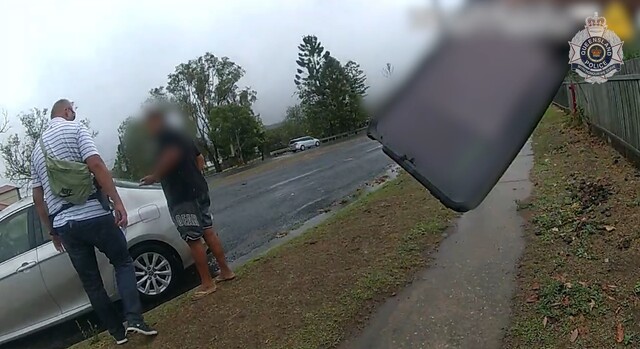Youth crime declining thanks to task force

Digital Edition
Subscribe
Get an all ACCESS PASS to the News and your Digital Edition with an online subscription
Stanthorpe’s Apple and Grape – crushing for 60 years
Queensland’s Granite Belt comes alive this month for the long-running Stanthorpe Apple and Grape Harvest Festival - a celebration of food, wine and community.
The...







